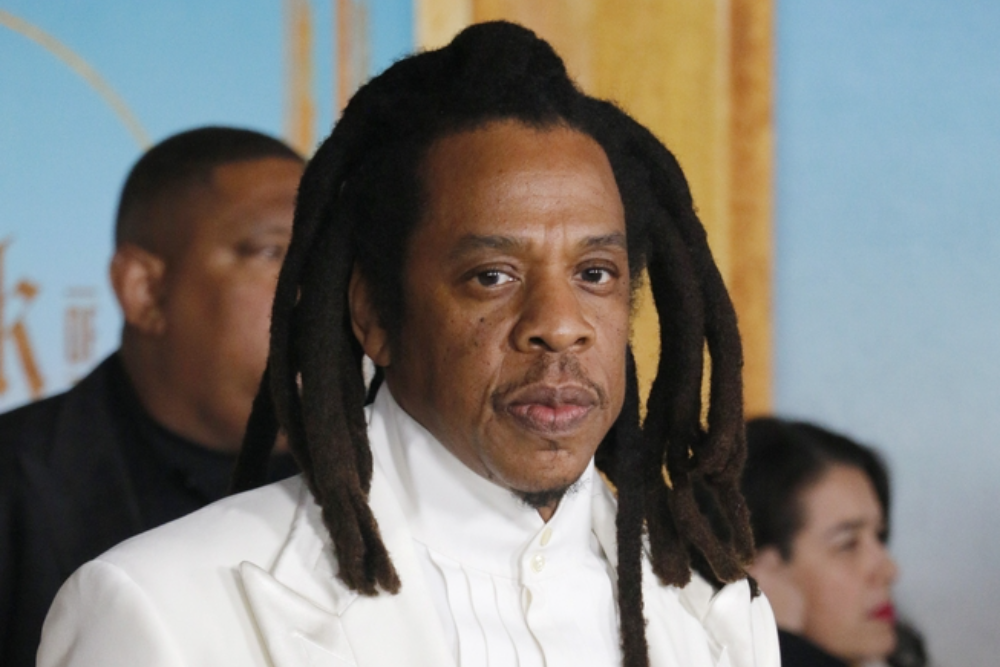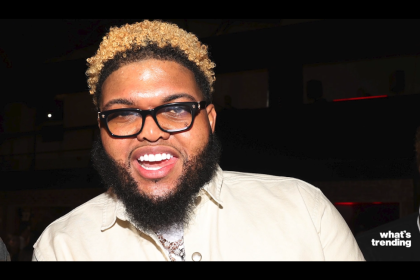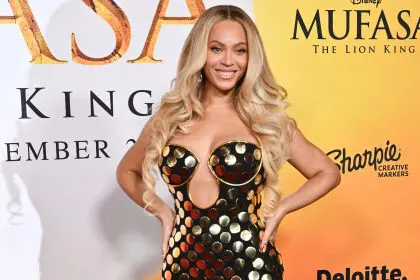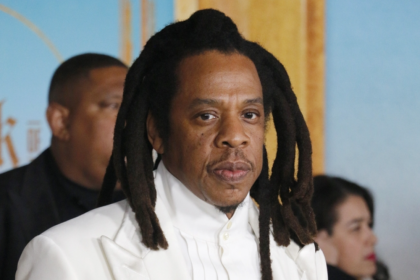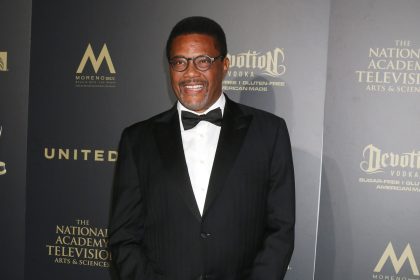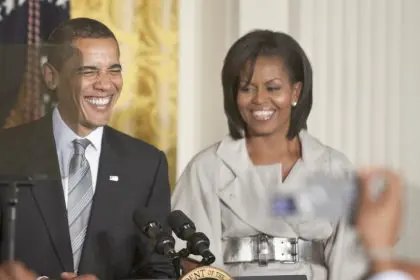The rise and potential fall of two music industry titans, Jay-Z and Sean “Diddy” Combs, offers a sobering look at power, influence and accountability in entertainment. Recent serious allegations have forced a reexamination of the decades-long alliance between two of hip-hop’s most prominent figures, raising uncomfortable questions about the true nature of their relationship and business dealings.
The path to music industry dominance
In the mid-1990s, Jay-Z and Combs emerged from the East Coast music scene with similar visions of transcending their roles as record executives to build lasting business empires. Their parallel trajectories from music producers to entertainment moguls helped reshape popular culture while amassing considerable wealth and influence.
Both men leveraged their initial success in music production and artist development to build wide-ranging business portfolios spanning fashion, spirits, media and technology. Their savvy dealmaking and brand-building acumen transformed them from recording industry players into cultural architects whose influence extended far beyond music.
Evolution of a power alliance
Jay-Z’s and Combs’ professional relationship crystallized during a pivotal era in hip-hop’s evolution from cultural movement to commercial juggernaut. As the genre gained mainstream acceptance in the late 1990s, both men recognized the value of strategic alliances in expanding their empires.
Their collaborative projects over the following decades included co-produced tracks, joint business ventures and coordinated political activities that demonstrated their growing influence. Regular appearances together at industry events and private gatherings reinforced public perception of their alliance while obscuring the complex power dynamics at play.
The dark side of power and privilege
Recent serious allegations have cast Jay-Z’s and Combs’ relationship in a troubling new light, suggesting their shared rise to prominence may have enabled and concealed disturbing behavior. The lawsuit’s accusations point to a culture of exploitation hidden beneath the glamorous facade of exclusive industry gatherings and VIP events.
These revelations have prompted broader discussions about accountability in the entertainment industry and how wealth and connections can be weaponized to silence victims. The allegations suggest a pattern of behavior that persisted for years while being shrouded by NDAs, settlements and the complicity of industry insiders.
A reckoning for the culture
For many who came of age during these moguls’ ascent, the allegations force a painful reassessment of cultural touchstones and cherished memories. Their music and brands were instrumental in shaping perspectives on success, ambition and achievement for a generation.
The cognitive dissonance is particularly acute for those who viewed these figures as aspirational examples of entrepreneurial excellence and wealth-building within the culture. Their apparent betrayal of community trust and exploitation of vulnerable individuals raises difficult questions about the true cost of their accumulated power and influence.
The price of unchecked influence
The unfolding scandal highlights how concentrated power and carefully cultivated relationships can be wielded to evade accountability. The entertainment industry’s emphasis on access and exclusivity created conditions where predatory behavior could potentially flourish behind closed doors.
Jay-Z’s and Combs’ rise coincided with an era of consolidated media ownership and reduced oversight that allowed select power brokers to control narratives and suppress unflattering information. The lawsuit suggests this influence extended to law enforcement and other institutions that might otherwise have provided checks on their conduct.
Legacy under scrutiny
As the legal process unfolds, many are grappling with how to reconcile the positive aspects of these moguls’ cultural impact with the disturbing allegations now coming to light. Their pioneering business achievements and philanthropic efforts take on a different character when viewed through the lens of power accumulation and reputation management.
The controversy raises important questions about hero worship in business and entertainment, and the danger of conflating financial success with moral character. It also highlights the need for systemic changes to prevent powerful figures from exploiting their position to prey on vulnerable individuals.
A watershed moment
This moment of reckoning could mark a turning point in how society views powerful entertainment industry figures and the systems that enable abuse. The outcome may reshape perspectives on success, influence and accountability while establishing new standards for scrutinizing those who achieve positions of cultural authority.
For many who once saw these moguls as inspirational figures, processing these revelations requires confronting difficult truths about power, complicity and the human cost of empire-building. Their legacy will likely be forever altered by these serious allegations, regardless of the legal outcome.
The ultimate impact of this scandal may be in forcing a long-overdue conversation about reforming industry practices and power structures that have allowed exploitation to persist. Real change will require sustained pressure from audiences, artists and industry professionals committed to creating a more ethical entertainment landscape.

